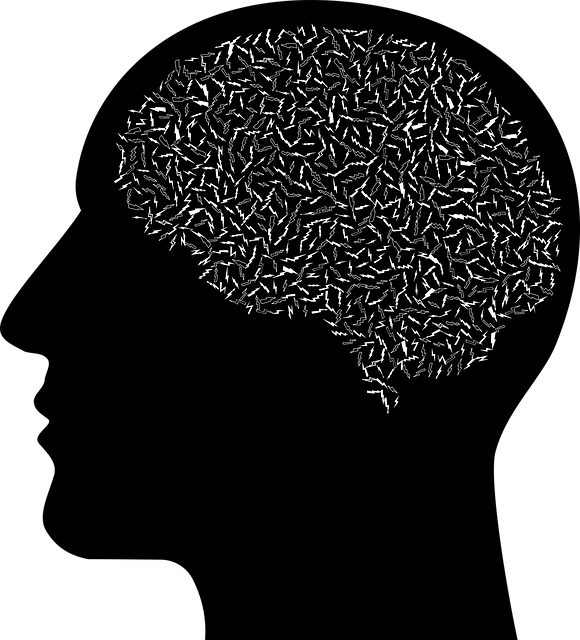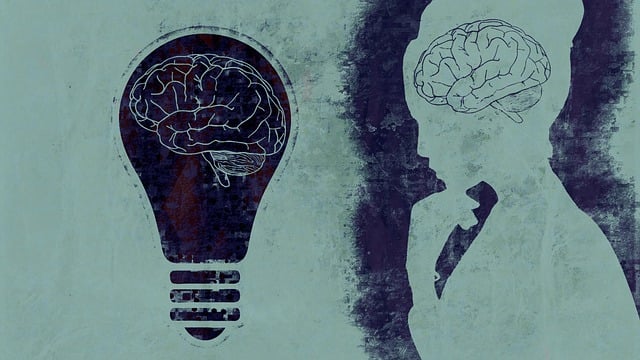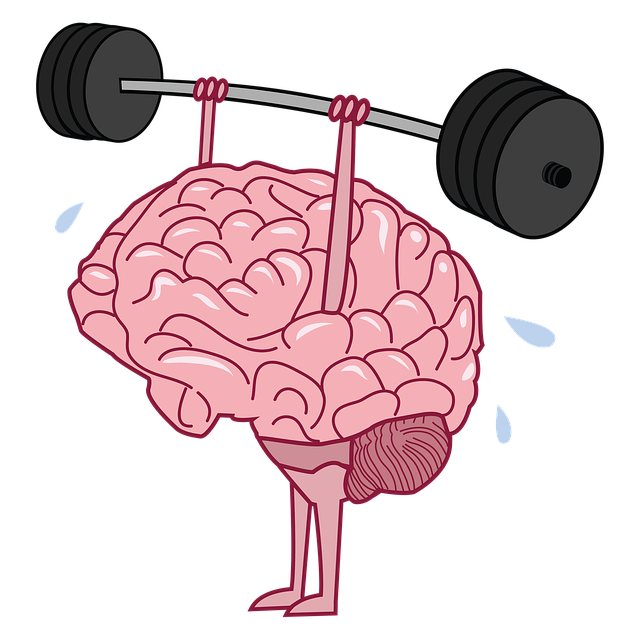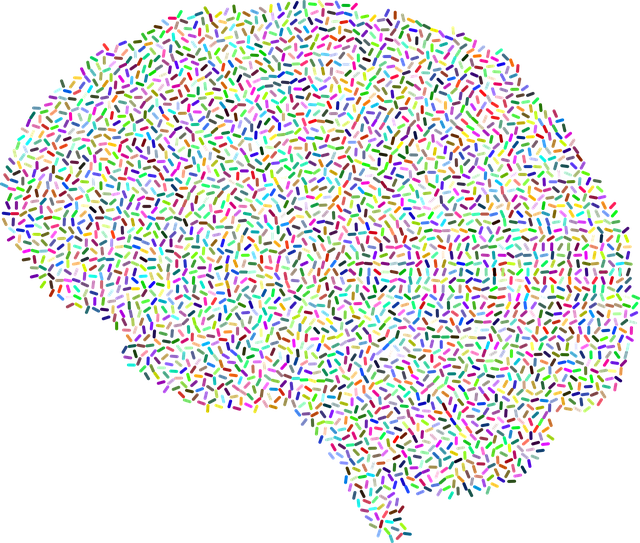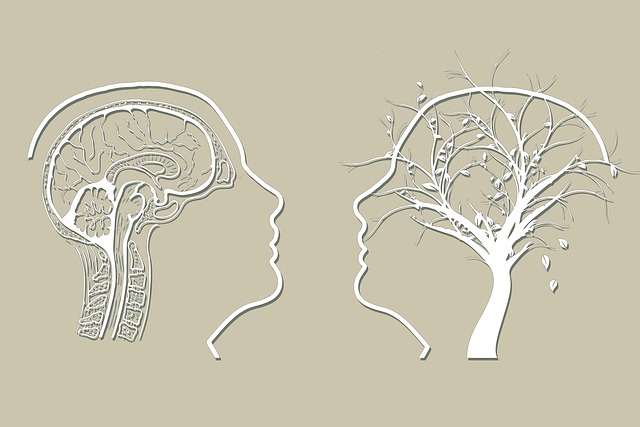Understanding Mental Health Data is crucial for effective Lakewood EMDR Certified Therapy, involving standardized data collection tools and rigorous preparation. By integrating Trauma Support Services and considering cultural sensitivity, therapists offer personalized care. Advanced analysis techniques like Eye Movement Desensitization and Reprocessing (EMDR) facilitate brain healing, reducing emotional intensity and improving coping skills. Therapists interpret data into actionable strategies, enhancing clients' well-being through tailored interventions and self-care guidance, for long-term mental health progress.
Mental health data analysis is a complex yet crucial process, especially in navigating the intricate landscape of human emotions and behaviors. With advancements in technology, therapists now employ sophisticated methods like EMDR (Eye Movement Desensitization and Reprocessing) to unlock valuable insights hidden within datasets. This article explores three key facets: understanding data collection and preparation, utilizing advanced analysis techniques through Lakewood EMDR Certified Therapy, and implementing effective therapy strategies based on interpreted results.
- Understanding Mental Health Data: Collection and Preparation
- Advanced Techniques for Data Analysis: Unlocking Insights with EMDR
- Interpreting Results: Strategies for Effective Therapy Implementation
Understanding Mental Health Data: Collection and Preparation

Understanding Mental Health Data is a pivotal step in providing effective treatment and support for individuals seeking Lakewood EMDR Certified Therapy. The process begins with data collection, where various methods are employed to gather information about an individual’s mental health status. This includes self-reported surveys, clinical interviews, and observational notes from healthcare professionals. Accurate data collection relies on standardized tools and protocols to ensure consistency and validity, facilitating meaningful comparisons and analysis.
Preparation of the collected data is a crucial phase that involves cleaning, organizing, and transforming raw information into structured formats suitable for analysis. This process addresses any inconsistencies or missing values, ensuring the integrity of the dataset. By integrating Trauma Support Services and considering Cultural Sensitivity in Mental Healthcare Practice during preparation, healthcare providers can tailor their approach, offering personalized care that respects individual backgrounds and experiences. Effective data preparation enables a deeper exploration of trends and patterns, paving the way for insightful interpretations that guide treatment decisions.
Advanced Techniques for Data Analysis: Unlocking Insights with EMDR

Advanced data analysis techniques play a pivotal role in uncovering profound insights into mental health. One such powerful method is Eye Movement Desensitization and Reprocessing (EMDR), a groundbreaking approach that has transformed therapeutic practices. EMDR certified therapy in Lakewood has proven to be an effective tool for helping individuals process traumatic memories and develop coping skills, ultimately enhancing their mental wellness.
By combining bilateral stimulation—such as side-to-side eye movements—with guided memory recall, EMDR facilitates the brain’s natural healing process. This technique allows clients to reprocess traumatic or distressing memories, reducing their emotional intensity and associated symptoms. As a result, individuals can develop resilience, improve coping mechanisms, and achieve better mental wellness outcomes. The integration of EMDR into therapeutic practices underscores its potential in revolutionizing mental health care and empowering folks on their journey towards holistic healing.
Interpreting Results: Strategies for Effective Therapy Implementation

When interpreting results from mental health data analysis, therapists play a pivotal role in translating complex information into actionable strategies for therapy implementation. This involves a nuanced understanding of each client’s unique presentation and goals. For instance, in the context of Lakewood EMDR Certified Therapy, therapists can leverage data to identify specific trauma-related patterns, such as dissociation or avoidance behaviors. By recognizing these patterns, they can tailor interventions that target core issues, enabling clients to develop healthier coping mechanisms and enhance their overall well-being.
Effective therapy implementation goes beyond the clinical setting, emphasizing the integration of self-care practices and mental health awareness in daily life. Therapists should guide clients towards adopting sustainable Self-Care Practices, especially in managing stress levels. By promoting Mental Health Awareness, individuals can gain insights into their emotional responses and triggers, fostering better Stress Management. This holistic approach ensures that therapy extends beyond the treatment room, empowering clients to maintain their mental health progress over time.
Mental health data analysis is a powerful tool in the pursuit of effective therapy. By understanding and interpreting collected data, therapists can make informed decisions and tailor treatments, ultimately enhancing patient outcomes. Techniques like EMDR (Eye Movement Desensitization and Reprocessing), as offered by Lakewood EMDR Certified Therapy, provide advanced methods to unlock profound insights hidden within the data. With these strategies in place, mental health professionals can navigate complex cases and foster positive transformations for their clients.








